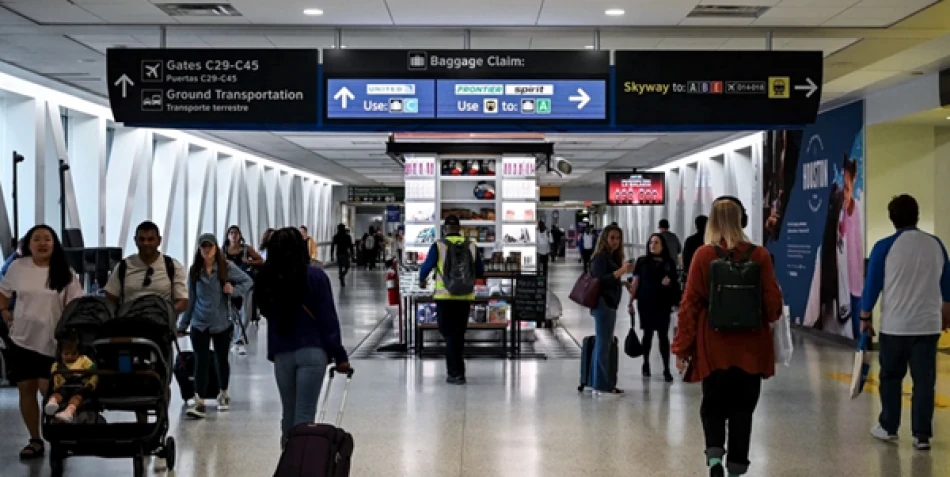
Lucrative American Visa Sponsorship: Up to $15,000 Opportunity for Aspiring Travelers
Trump Administration Introduces $15,000 Visa Bond for High-Risk Countries in Immigration Crackdown
The U.S. State Department announced a controversial one-year pilot program requiring nationals from certain countries to post financial bonds of up to $15,000 to obtain tourist or business visas. The measure, targeting nations with high visa overstay rates, represents one of the Trump administration's most aggressive financial barriers to legal U.S. travel and signals a hardline approach to immigration enforcement through economic deterrence.
The Financial Firewall Strategy
Set to take effect 15 days after publication in the Federal Register, the program specifically targets countries where officials lack sufficient monitoring and verification capabilities, or where overstay rates exceed acceptable thresholds. The State Department justified the move as essential for enforcing immigration laws and protecting national security, though it declined to publish the list of affected nations.
The timing is significant. With approximately 500,000 people overstaying their authorized periods during fiscal year 2023, the administration is deploying financial pressure as a pre-emptive screening tool. This approach transforms visa applications from administrative processes into substantial financial commitments, potentially pricing out middle-class travelers from targeted countries.
Market Impact and Economic Implications
Tourism Industry Disruption
The bond requirement could severely impact U.S. tourism revenue from affected countries. A $15,000 deposit represents months or years of income in many developing nations, effectively creating a two-tiered visa system based on economic capacity rather than security risk alone. Hotels, airlines, and tourism operators serving these markets may face significant revenue declines.
Diplomatic and Trade Consequences
This policy risks triggering reciprocal measures from affected nations, potentially escalating into broader diplomatic tensions. Countries may respond with similar financial barriers for U.S. citizens, creating a cascade effect that could fragment international travel and business relationships built over decades.
Global Context and Precedents
While visa bonds aren't unprecedented, the scale and systematic application mark a departure from traditional immigration policy. Unlike targeted sanctions or specific security measures, this program creates broad economic barriers that could affect millions of potential travelers. The approach contrasts sharply with countries like Singapore and the UAE, which have streamlined visa processes to boost tourism and business travel.
The policy also highlights a fundamental shift in U.S. immigration philosophy. Rather than case-by-case assessments, the administration is implementing blanket financial requirements based on nationality—a approach that prioritizes economic deterrence over individual merit or genuine travel purposes.
Implementation Challenges Ahead
The pilot program faces significant operational hurdles. Managing thousands of $15,000 bonds, processing refunds, and handling disputes will require substantial administrative infrastructure. More critically, the policy may push legitimate travelers toward irregular immigration channels, potentially undermining the very security objectives it aims to achieve.
The exclusion of the 40 visa-waiver countries—predominantly European nations with 90-day visa-free access—underscores the policy's selective nature. This creates a stark divide between privileged and restricted nationalities, potentially undermining America's soft power and global relationships in regions where economic growth and strategic partnerships matter most.
Most Viewed News

 Layla Al Mansoori
Layla Al Mansoori






